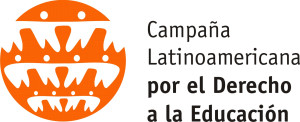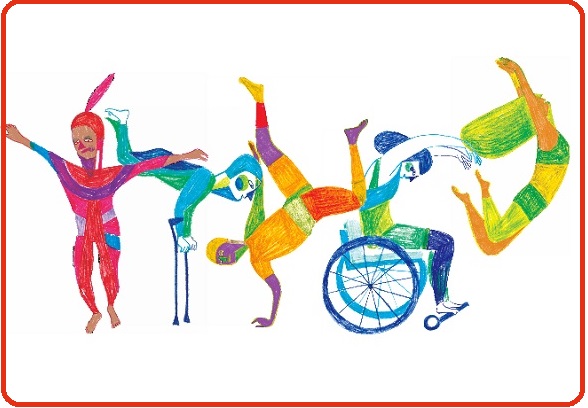
GAWE 2019 in Latin America and the Caribbean: An opportunity to analyze the state of the human right to education in the region
May 2, 2019The Global Action Week for Education (GAWE) is a great international mobilization that this year focuses on the importance of guaranteeing the human right to education for the realization of all human rights, and also to achieve sustainable development. (more…)
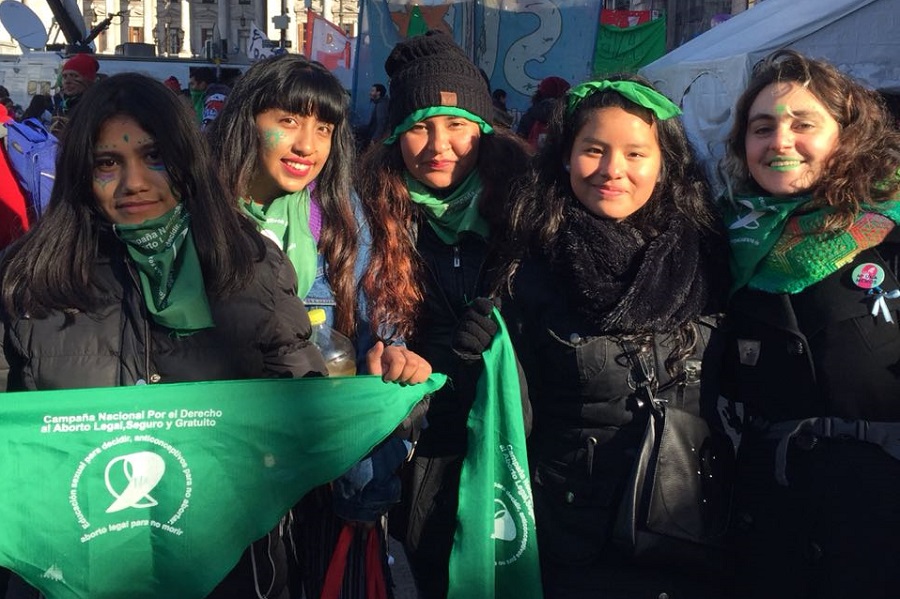
Guadalupe Ramos Ponce: An interview about libertarian education, the right to their bodies and the fight against gender violence
March 29, 2019In this dialogue on the occasion of International Women’s Day, Guadalupe Ramos Ponce, lawyer, feminist and coordinator of CLADEM in Jalisco, deals with issues such as: education, gender equity and equality, gender violence and the conservative advance that has resulted in setbacks for the rights of women and for the freedom of women to decide on their bodies.
(more…)
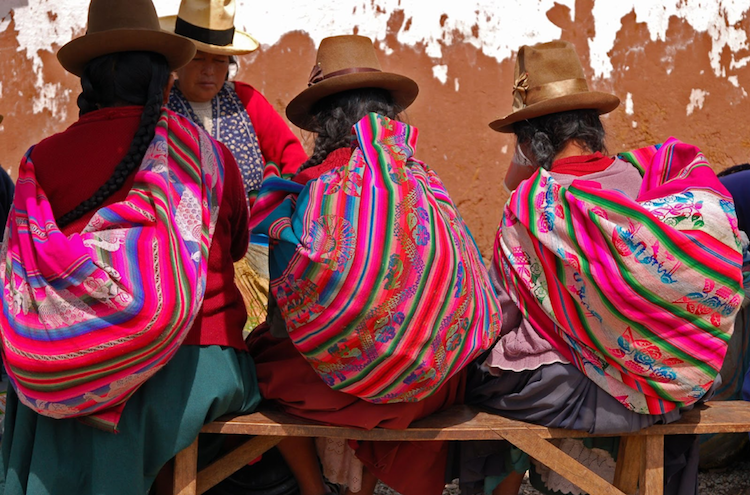
The Right To Education With Gender Equality
March 15, 2019Legal and political advances to ensure gender equality in education find strong obstacles to their implementation in schools in various countries of Latin America and the Caribbean due to cultural barriers, a lack of governmental will and the advance of fundamentalist conservative and religious trends, among other factors of exclusion and inequality that affect girls and women. (more…)
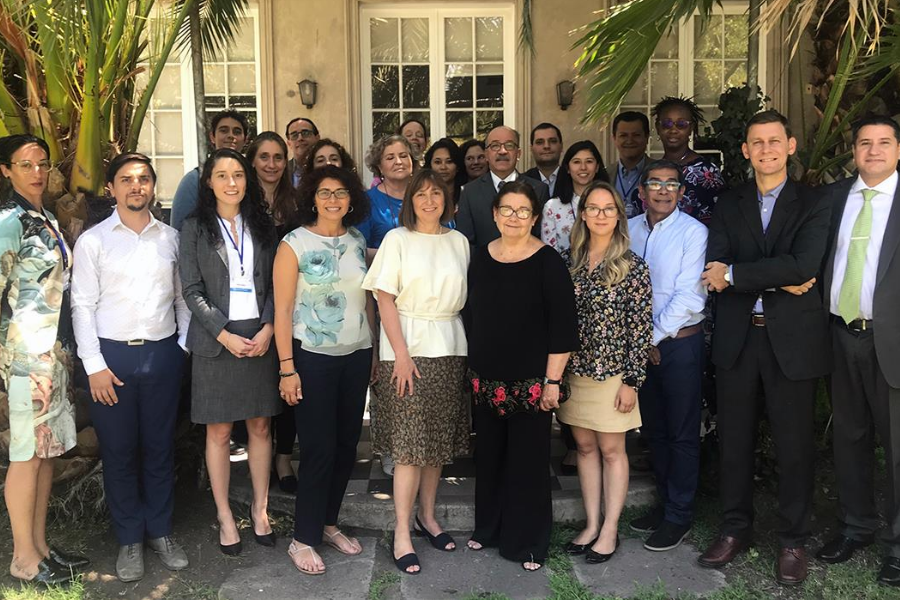
Latin America and the Caribbean align their actions to meet global education targets and move forward in their priorities
February 26, 2019Members of the Regional Steering Committee for Sustainable Development Goal 4-E2030 (quality education) decided during their first meeting that for the next 12 months they will undertake actions that focus on educational inclusion and equity, one of the four regional priorities. The participants urged concrete actions to address the educational challenges associated with intraregional migration such as the recognition, certification and validation of skills and diplomas. Measures to prevent school dropout were also discussed.
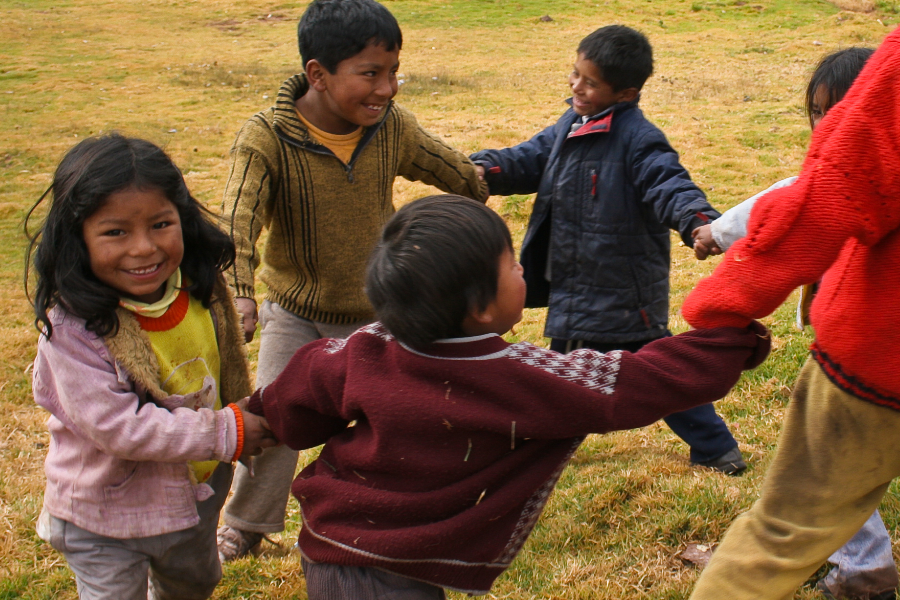
The right to education and care in early childhood remains an issue in Latin America and the Caribbean
January 8, 2019This reality is verified in a study carried out by CLADE, OMEP and EDUCO, which presents a bird’s-eye view of the laws and policies in place for this educational stage in the region

CLADE held the second edition of the audiovisual festival “Lights, camera and education!” in San José, Costa Rica
December 18, 2018Within the debates of the festival, the role of art was highlighted, as well as the importance of setting up spaces for dialogue and awareness-raising to guarantee equality and the promotion of human rights for all people
(more…)
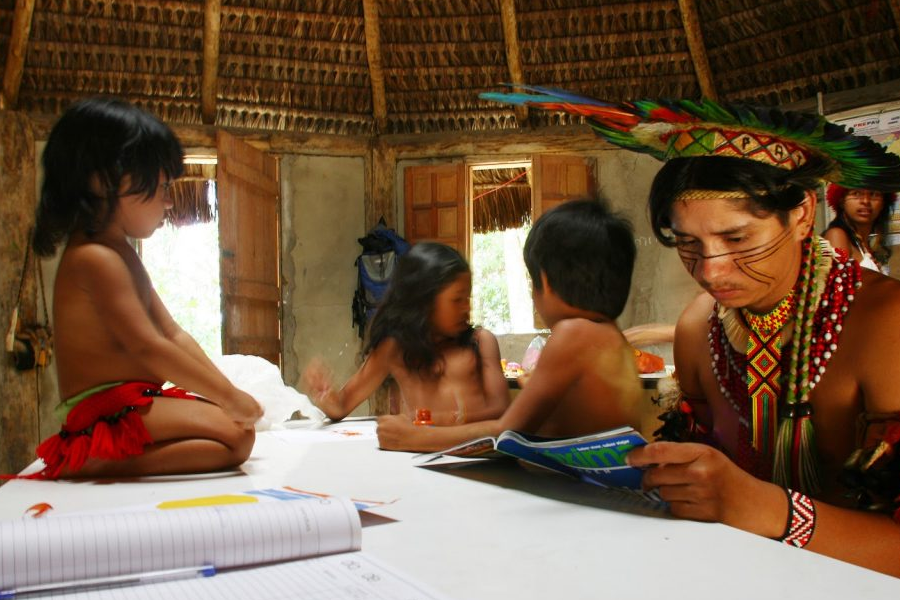
Education For Freedom: Dialogues And Actions For An Emancipatory Education That Guarantees Rights
October 22, 2018What education do we need for the world we want? The Latin American Campaign for the Right to Education (CLADE), along with other civil society organisations, are seeking ways to answer this question, through dialogue and collective reflection on the meanings of education envisioned for the positive transformation of our realities and societies. (more…)
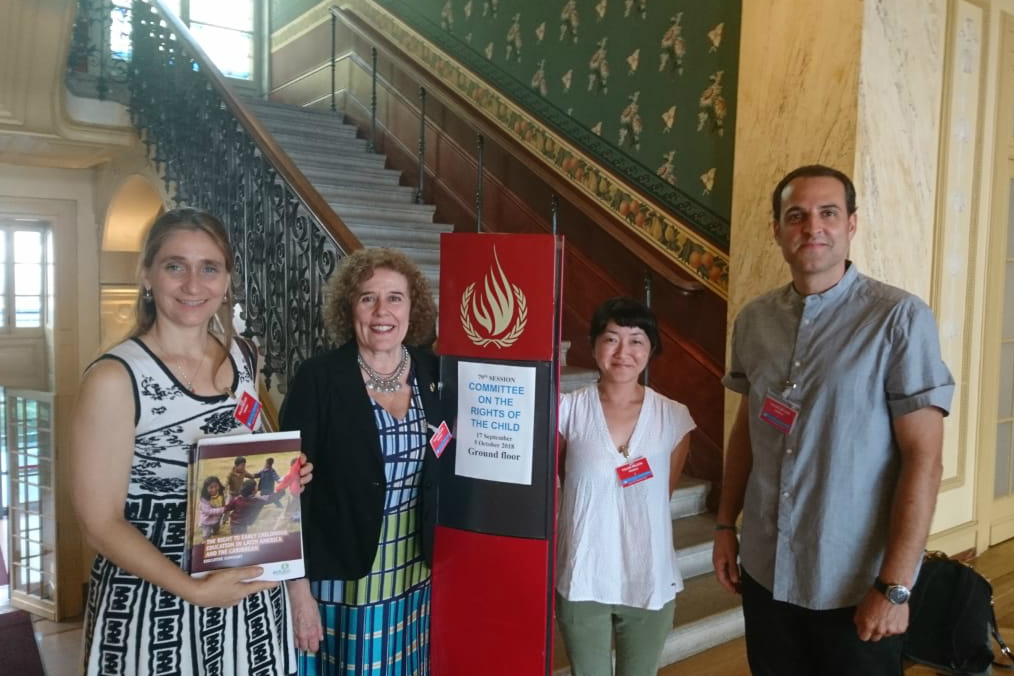
Organizations defend the right to education and care in early childhood in hearing at the Committee on the Rights of the Child
September 21, 2018Based on a study conducted in Latin America and the Caribbean, representatives of CLADE, OMEP and EDUCO presented challenges and recommendations
Representatives of the Latin American Campaign for the Right to Education (CLADE), the World Organization for Early Childhood Education (OMEP) – Regional Vice Presidency for Latin America – and the EDUCO Education and Cooperation Foundation participated on September 18th in a hearing at the Committee of the Rights of the Child of the UN, in Geneva, Switzerland. In this occasion, they defended the full realization of the Convention on the Rights of the Child (CRC), as well as the promotion of a coordinated, comprehensive and multisectoral approach to care and education in early childhood.
The proposals are the result of the study “The right to education and care in early childhood: perspectives from Latin America and the Caribbean”, a joint initiative of the organizations. The research reveals that, although the General Laws of Education in the region recognize education as a human right and the State as guarantor of its full exercise from early childhood, with different starting points, fragmentation and dispersion of the policies and practices for this educational stage persist, as well as the absence of adequate financing.
The need to deepen the relevance and priority of Early Childhood Care and Education (ECCE, conceived for children from 0 to 8 years of age) in the legal, political, budgetary and institutional frameworks is pointed out, so that they have a greater root in the best interests of the child and grant a greater protection to their rights. “We defend a comprehensive approach to care and education in early childhood from birth to 8 years, emphasizing its inherent value over the preparation for the next educational stages,” said Mercedes Mayol Lassalle, from OMEP.
This study demonstrates the insufficient development of state policies from birth to 3 years of life – which means that for many families and children early childhood education and care is still a privilege and not a right, further widening social gaps in an already unequal region such as Latin America and the Caribbean.
Likewise, insufficient coverage in the ECCE is identified and reported, which especially affects the more economically fragile social sectors, as well as an inadequate infrastructure for this educational stage in terms of security and accessibility for all. It is also pointed out that the gratuity of the ECCE is still not guaranteed for everyone in the region, and that there is still a need to advance in the formation and appreciation of teachers of this educational stage.
A concern expressed to the Committee it’s the growing tendency to focus on the successes of an academic nature, which also leads to the submission of increasingly small children to standardized tests, denying their rights of play, creativity, cooperation, self-confidence and autonomy. “This tendency goes against the principles of the CRC and its General Observations, in particular the principle of the evolution of the faculties of the child,” said Mikel Egibar, from EDUCO.
In this context, the organizations recommend: that the principles of the CRC inform, in a more comprehensive and coherent manner, the legal, political and budgetary frameworks related to education and care in early childhood; that the human right to education of children from birth to 3 years old is fully guaranteed; that forms of evaluation and educational models of ECCE are developed respecting the specific characteristics of this stage of life, as well as the concepts and purposes of education foreseen in the CRC; and the strengthening of public and universal early childhood education and care systems as a way to overcome inequalities and discrimination.
CLADE, OMEP and EDUCO urged the Committee to support the Member States in the realization of the right to education in early childhood, in dialogue with other relevant actors, developing guidelines for the articulation of their General Comments to the ECCE policies; and requesting reliable and solid information from the States of Latin America and the Caribbean, about how they are guaranteeing this right.
“We reassured to the Committee our commitment with the realization and progress of the right to education and care in early childhood in our region, and our willingness to continue collaborating and dialoguing in that regard,” said Camilla Croso, general coordinator of CLADE, at the close of the hearing.
Full study – The full investigation, entitled “The right to education and care in early childhood: perspectives from Latin America and the Caribbean”, will be launched virtually on October 18th, 2018, at 12h00 in Brazil (GMT -3), with a virtual seminar featuring Jorge Cardona Llorens, member of the UN Committee on the Rights of the Child, as well as other guests.
Download the Executive Summary:
The Committee on the Rights of the Child – It is a body of independent experts that oversees the implementation of the UN Convention on the Rights of the Child by its States Parties. The Committee also oversees the implementation of the optional protocols of the Convention, regarding the participation of children in armed conflicts and the sale of children, child prostitution and the use of children in pornography. All States Parties must submit periodic reports to the Committee about how they are implementing these rights. Initially, the States must submit a report two years after their admission to the Convention, followed by reports every five years. The Committee examines the reports and expresses its concerns and recommendations to the States Parties in the form of “final observations”.
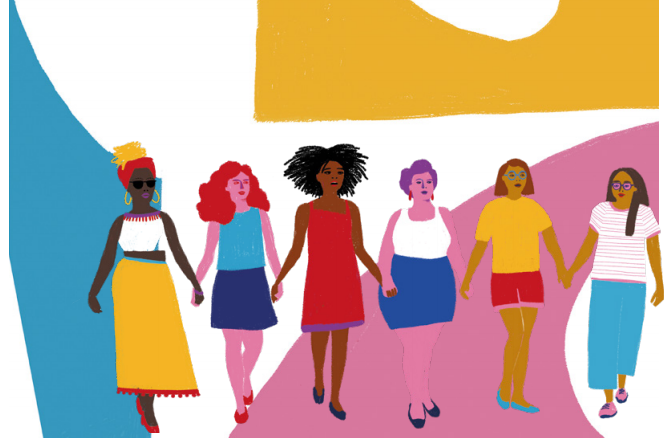
Central American and the Caribbean Meeting on Gender Equality, Violence and Education outlines recommendations and strategies towards social transformation
June 2, 2018Between May 28 and 30, 2018, the Latin American Campaign for the Right to Education (CLADE) held in San Salvador, El Salvador, the meeting “Central American and the Caribbean Meeting on Gender Equality, Violence and Education: Transformation Strategies”. With the support of UNICEF and the Salvadoran Network for the Right to Education (RESALDE) as local hostess, the event drew an overview for the Central American and the Caribbean region on gender-based violence and discrimination against girls, women and Lesbian, Gay, Bisexual, Trans and Intersex (LGBTI) persons in educational spaces as well as recommendations on this matter.
“We count on the strengthening of public and secular education systems to promote a social transformation. With an emancipatory education guaranteed, we are allowed to question the current social patterns of unequal distribution of power between men and women”, said Camilla Croso, general coordinator of CLADE.
The discussions of the meeting centered on the laws, practices and policies to prevent and overcome discrimination and gender violence in and from education. In the legal field, the most recent advances at the international level were highlighted – such as the general recommendations 35 and 36 of the Committee on the Elimination of Discrimination against Women (CEDAW) – as well as the ones in the Latin and Central American panorama.
People from 17 countries were present in the event, during which inspiring practices and experiences were shared by NGOs and regional networks. Nonetheless, field visits were made to schools in San Salvador, El Salvador, that are developing projects for the prevention of gender-based violence, in partnership with UNICEF and OXFAM.
The diversity and representativity of the seminar attendance allowed the construction of a broad panorama on this subject in Central America, finding common features to the other countries of the Latin American and the Caribbean region.
The Final Declaration of the event presents the main challenges for the confrontation of gender-based violence and discrimination at the regional level, highlighting legal human rights instruments that can be used in the fight and action against this problem. The document also points out recommendations to the decision-makers regarding, between other elements, the change of social and cultural patterns; the importance of securing an emancipatory education able to guarantee rights; legal, political and institutional frameworks; and the relevance of a just and sustainable financing to the realization of the right to education with gender equality.





